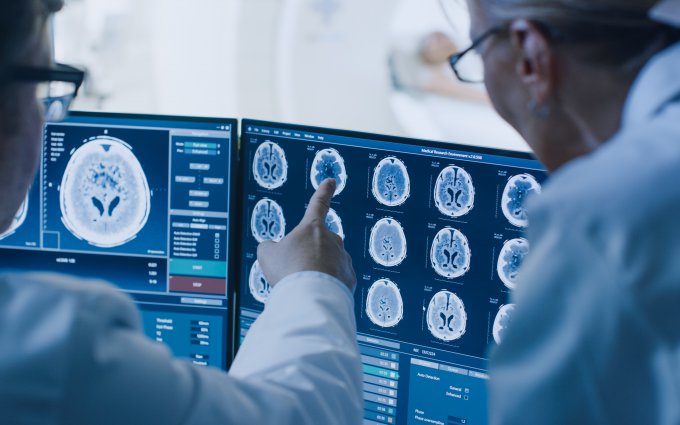04/18/2017

Concussions and traumatic brain injuries pose challenging obstacles when it comes to correctly diagnosing and treating injured workers. Because they are less visible than other injuries, it is essential for medical teams to understand how to properly diagnose concussions and other types of TBI.
According to Dr. Nancy Mann, medical director of Paradigm Outcomes, these points are key to assessing concussions and TBI.
• They are due to direct blow or impulsive force.
• They alter brain function, not brain structure.
• They are usually temporarily, but sometimes effects can last longer.
• Symptoms could happen with or without losing consciousness.
Medical teams assessing these sometimes easily overlooked problems should utilize tools such as the Glasgow Coma Scale, the Post Traumatic Amnesia chart and the Rancho Los Amigos Scale to help determine the severity of symptoms.
Symptoms include headaches, fatigue, dizziness, loss of cognitive function, nausea and mood swings, among others. There are visual deficits that can occur as a result of a concussion as well, including vertigo and extreme light sensitivity. Assessment tools such as the Dix Hallpike Maneuver and the Epley Maneuver can help determine the origin of vertigo, for instance, and can be of help in pinpointing more closely where the injury is located.
Some of the symptoms that accompany more prolonged cases of traumatic brain injury manifest themselves in depression or Post Traumatic Stress Disorder (PTSD), which, depending on an injured worker’s premorbid status, can make those diagnoses even more difficult to address and treat.
Because of how difficult concussions and traumatic brain disorders can be to diagnose, prognosis largely depends on factors such as whether or not the injury symptoms have lasted more than three days, premorbid status, and whether symptoms were due to the injury.
Once a prognosis and diagnosis have been made, treatment involves a period of rest followed by comprehensive care that combines the treatment of acute psychological distress with symptom-based management. A holistic approach to care is paramount for the appropriate care of a concussion and traumatic brain injury sufferer.
Paradigm Outcomes’ holistic approach to complex injury case management, including difficult diagnoses cases such as concussions and TBI, is one of the ways in which we help families and medical providers achieve treatment success. Learn more by visiting our website and connecting with our online communities through our blog, Facebook and Twitter.